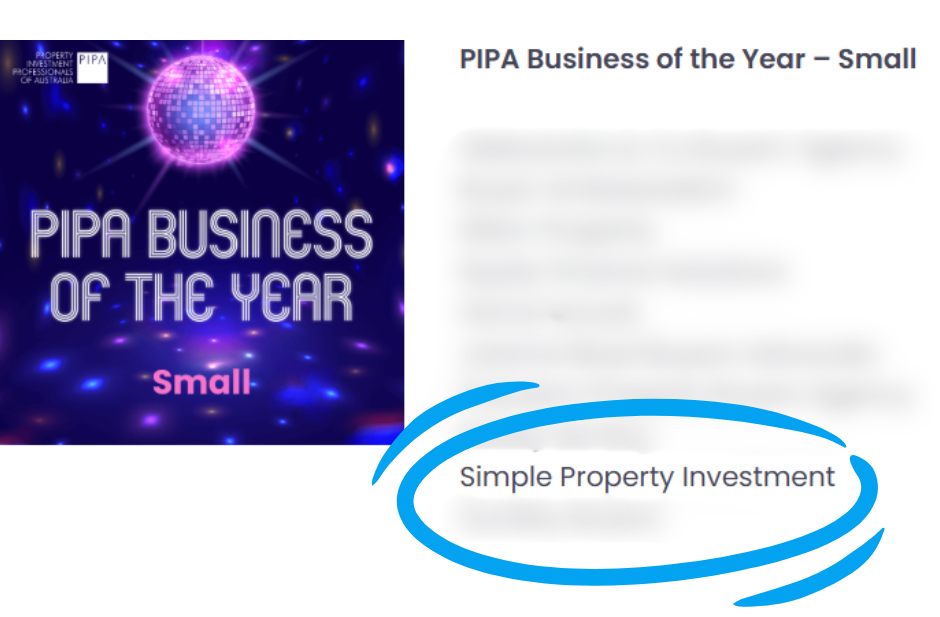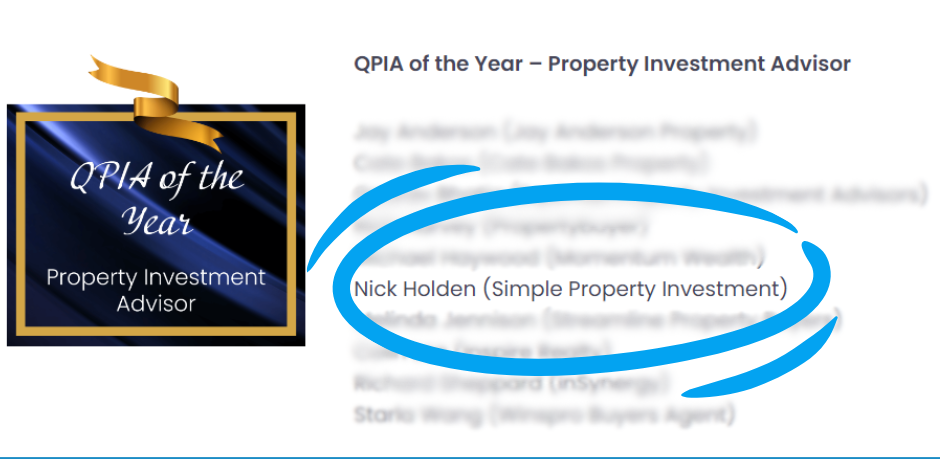Have you built a house as an investment and wondered why the budget blew out so phenomenally?
Filled with confidence, you thought you’d run though a foolproof detailed profit and loss analysis with your accountant. You felt excited. Overflowing with enthusiasm. You knew it… this was going to work. Probably your most profitable investment yet!
You pour a bubbly and clink glasses with your partner, feeling like budding property tycoons.
But by the end of the build… your budget has been shot to pieces. Your would-be profit has dissolved like aspirin in water.
How could it have gone so wrong?
How can you keep a build from blowing out?
How can you analyse an investment and know exactly what costs to expect – and keep your profits intact?
Let’s explore a few tricks used in the building industry you never want to fall for…
Rookie Mistake 1: Ignore the ‘F’ word
That is the little word that comes just before the big, bold and brightly advertised price of a house and land package.
This little word however is normally in a similar colour to the background and may have an asterisk next to it.
Any guesses on what this word is?
That’s right … it’s the word: ‘From’
Such a little word. Yet it can do so much damage.
This is known in the industry as ‘bait advertising’ and it’s designed to get as many punters as possible into their sales offices.
Once you’re in their very carefully designed show rooms or display homes you’ll experience a well-rehearsed pitch crafted to touch all your psychological buttons.
What’s more, the sales professional is trained to upsell you on everything from light fittings, door handles, and taps to raised ceilings, larger doors and even more rooms. And you’ll of course be paying full retail on every item.
Before you know it, that ‘bargain’ you were enticed in for has blown way out of proportion — and what’s worse, you’ll be made to feel good about it.
This is a very easy way to over-capitalise on an investment. It’s different if this will be your home as you’ll personally enjoy the upgrades.
But if it’s an investment, leave your emotions at the door. And keep a close eye on the ‘F’ word.
Rookie mistake 2: ‘Turnkey’ properties will make it quick and easy
This term has become a buzzword across the industry over the past few years.
It started when some builders created packages that have everything included so that the end result would allow a tenant to walk up, put their key into the front door and live there without needing to add anything to the property. Hence ‘turnkey’.
However, this term has been taken advantage of. Unfortunately, it’s being misrepresented to what the public are expecting.
The problem is, you don’t know what you don’t know.
You see, if the so-called turnkey property is missing anything it will cost you a lot more to install individually after it is built. But even worse is the cost of having the property vacant whilst this is taking place.
It may be little things like the antenna on the roof for the TV.
The letter box or the clothesline.
Then there are the much bigger items such as no landscaping, fences or driveway.
Another little trick they use is saying there are allowances for these things.
So if you think turnkey properties are a great way to make an easy buck, think again.
Rookie mistake 3: The quality of inclusions doesn’t matter
Ok, so the builder has included everything needed for a tenant to move in. This is great — but will fixtures and fittings last for a reasonable amount of time? If not, guess who needs to fix it?
Like most things in life, all items are not created equal.
It’s important to make sure the level of quality is at least mid-range without going over the top.
Sadly, one of the tricks builders use to keep package prices down is poor quality/cheap inclusions. They know unsuspecting purchasers will not consider this and will choose purely based on price.
What can you do about this?
Make sure that you compare like for like packages, as the saying goes, compare apples with apples. You don’t want to be replacing items a year later.
Believe me, unfortunately, it happens.
Rookie mistake 4: Not looking harder for fixed-price contracts
Most builders will not agree to a completely fixed-price contract. They may not know what the site costs will be — or they like to leave it open for unforeseen circumstances. This adds to the overall cost.
Some builders even use the following tactic: They set a low initial quote to get your business. But know full well they will be increasing it once you’ve signed on the bottom line and construction has commenced.
A completely fixed-price contract is a big win for a ‘tenant ready’ build with good, reliable inclusions. This means no nasty surprises and allows you to budget accurately for the investment.
It also means you can borrow what you need up-front to get the job done completely.
There are some good builders that will offer this genuinely, however there are more that make it seem like they do.
Buyer beware!
Find a fixed-price contract and you’ll keep more of your hard-earned dollars in your pocket.
Tips for building a property investment house
- Beware of the ‘F’ word: ‘From’
- Leave emotions at the door
- Ensure ‘turnkey’ property inclusions meet requirements
- Choose at least mid-range quality inclusions
- Compare like for like packages
- Choose genuine fixed price contracts where possible (these are rare)
- Caveat Emptor — let the buyer beware
With these tips, you’re so far ahead of the average property investor. Give us a yell if you need a hand.














3 Comments